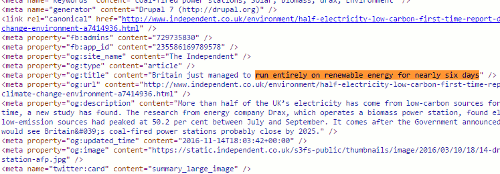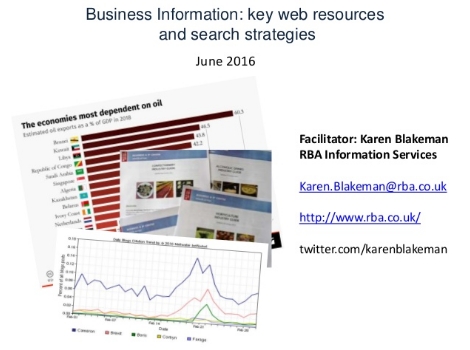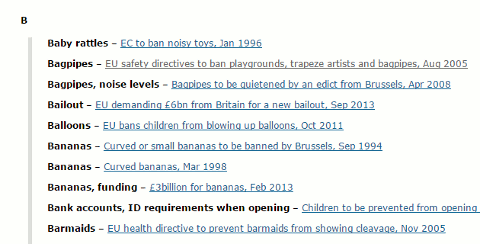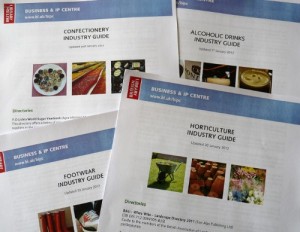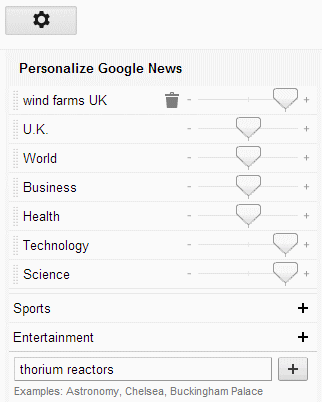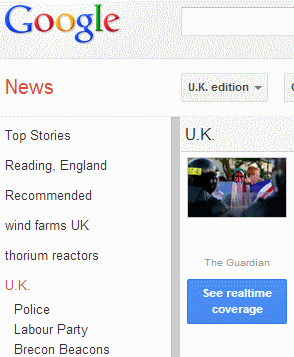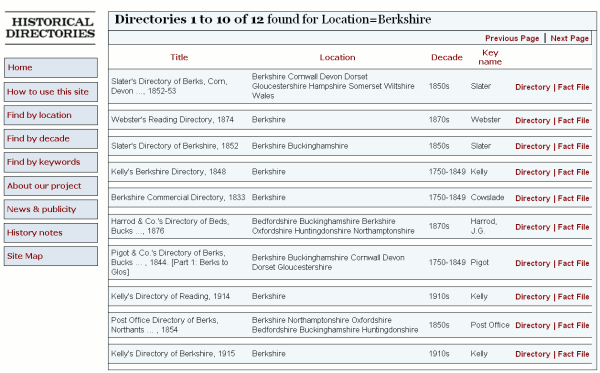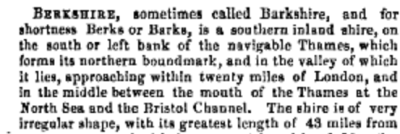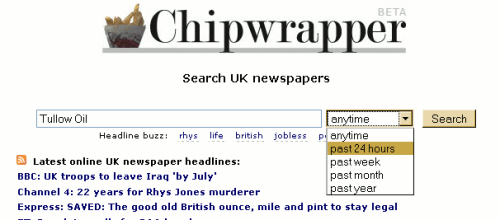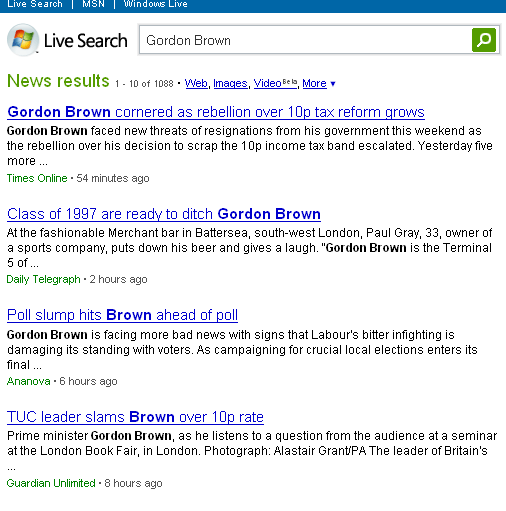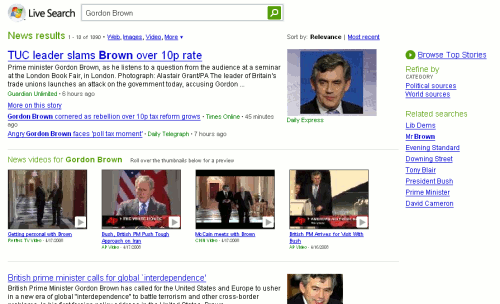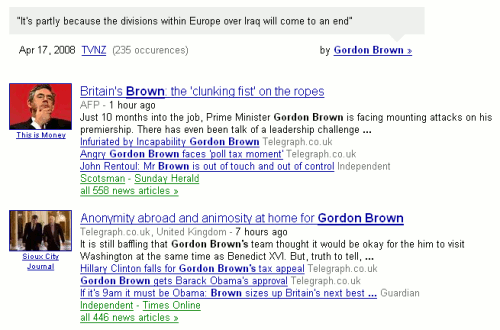I didn’t think Google News (http://news.google.co.uk/) could get any worse but I was wrong. The previous revamp was bad enough: no more advanced search, useless and irrelevant personalisation options, and don’t even think about trying to set up sensible alerts. Alerts were never that good at the best of times but were not improved one iota by the changes. And then they altered the structure of the RSS feed URLs so that, supposedly, your existing feeds no longer worked. I don’t know why, but my old feeds are still delivering news and contain better quality information than the new ones I set up. 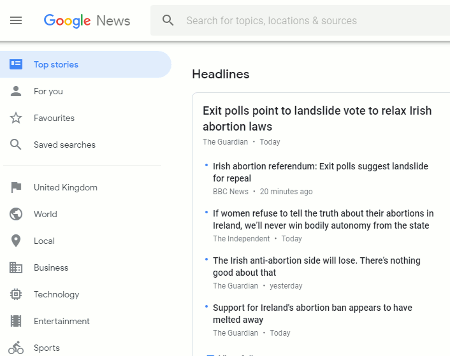
In the latest incarnation, Google News has lost most of my topics, the “For You” is total rubbish as is “Local”, you can no longer manage and personalise the topics (although that didn’t really work anyway), and the RSS feed buttons have gone. I can only assume that this is all down to the real time AI/ML that Google recently announced was going to be used to organize the news. (The new Google News: AI meets human intelligence ).
Existing RSS feeds still work, though and you can create email alerts for a news search if you run it from within the general Google results page. Run your search in “All” and then click on the News link. There is a Create Alert button at the bottom of your results, but one wonders how long that will last.
Someone should put Google News out of its misery, close it down and leave news searchable via the link on the main page.
And they may as well ditch Google Finance as well. That is a shadow of its former self : no more portfolios for monitoring stocks, no more historical data for viewing and download, no more news annotations on the price charts, and the comparison option only works for two stocks at a time. If you are interested in monitoring the stock markets or researching individual companies for free get thee hence to Yahoo! Finance (https://uk.finance.yahoo.com/). There was some doubt over the future of Yahoo! Finance when Yahoo! was acquired by Verizon and became part of Oath but, charting oddities aside, there does seem to be some development going on. The new “Sustainability” tab for example shows environment, social and governance (ESG) ratings from Sustainalytics (https://www.sustainalytics.com/). There was positive feedback on it from some business librarians who attended one of my recent workshops.
So many of Google’s services are going from bad to worse to totally pointless and unusable. No wonder, then, that people are starting to look seriously at alternative resources.


